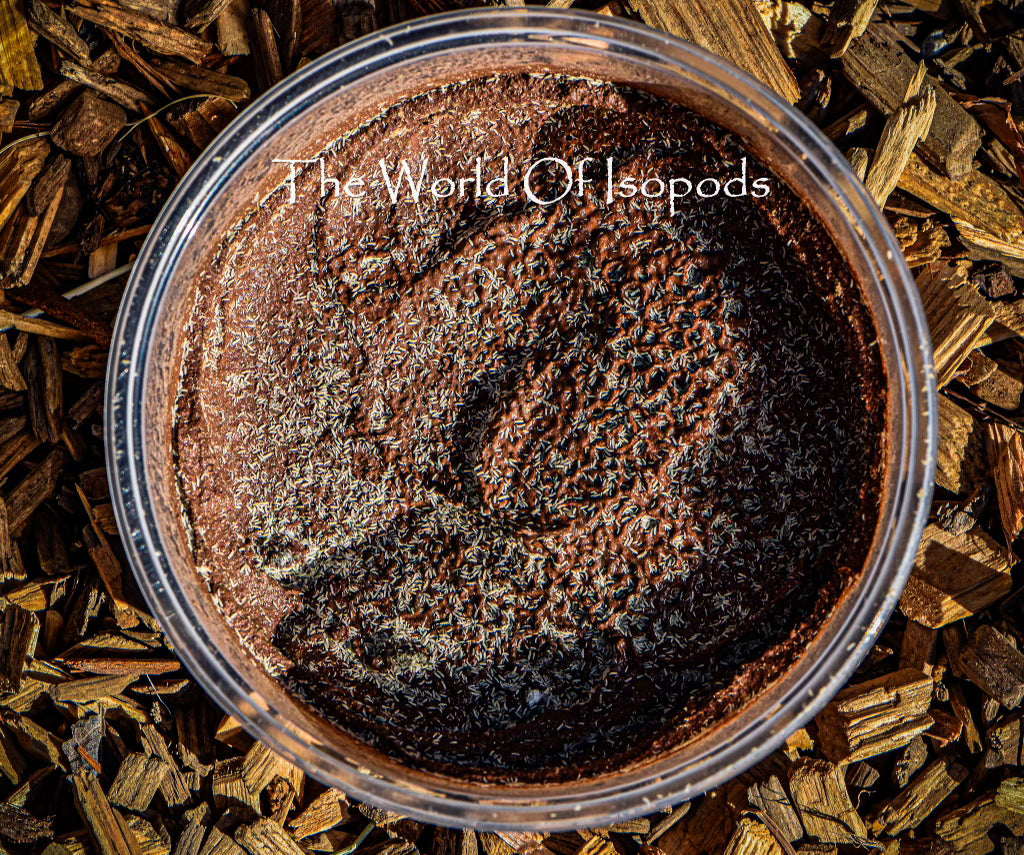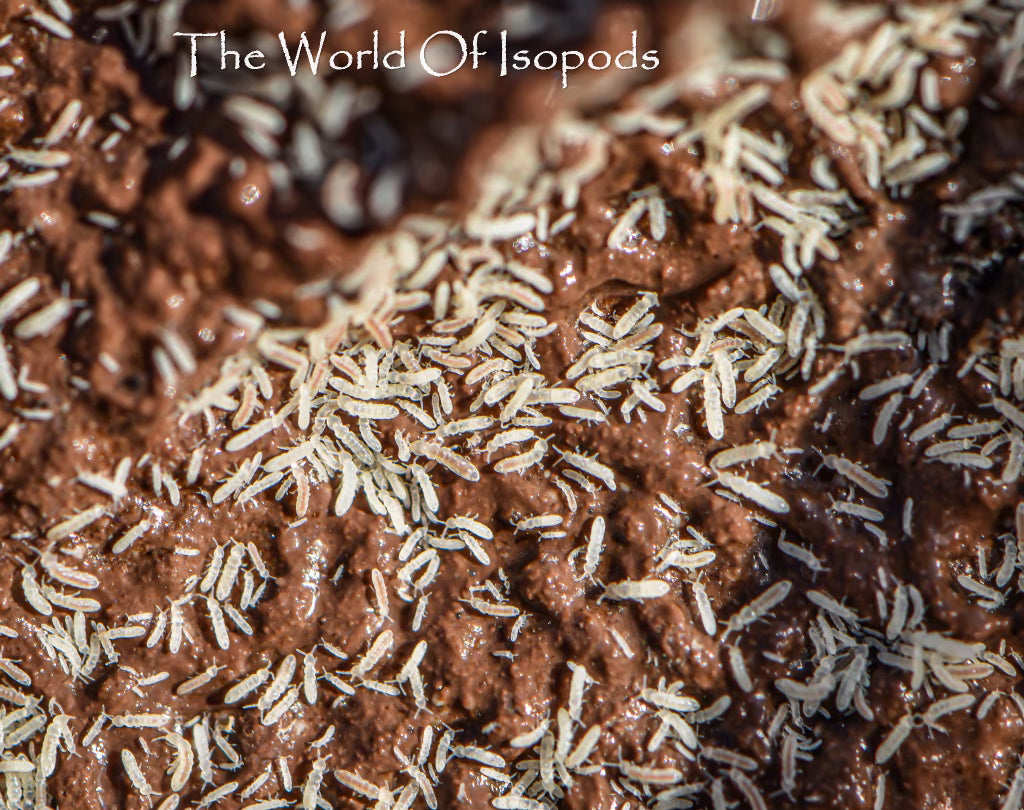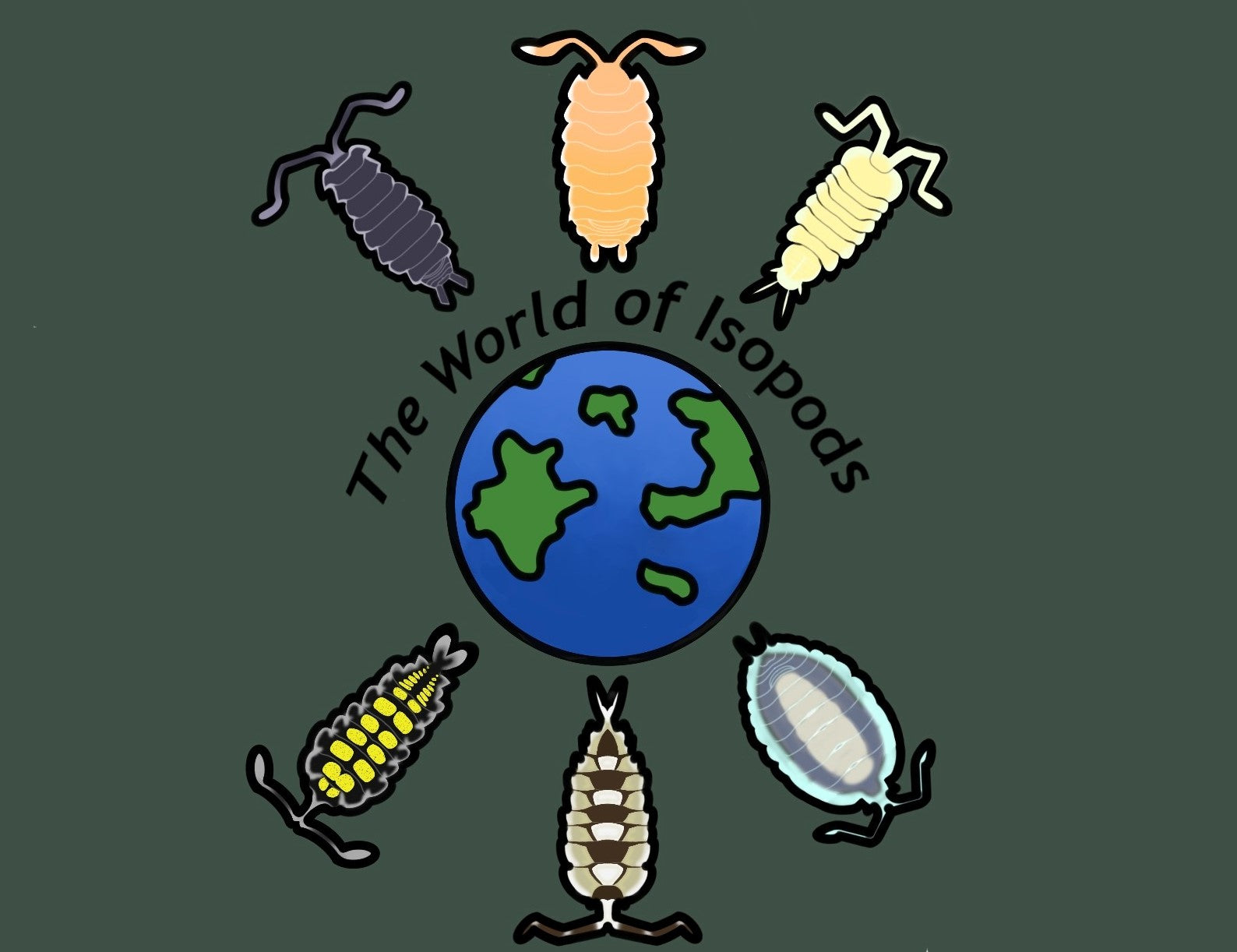The World of Isopods
Springtail Master Culture
Springtail Master Culture
Regular price
$20.00 USD
Regular price
Sale price
$20.00 USD
Unit price
per
Shipping calculated at checkout.
Couldn't load pickup availability




